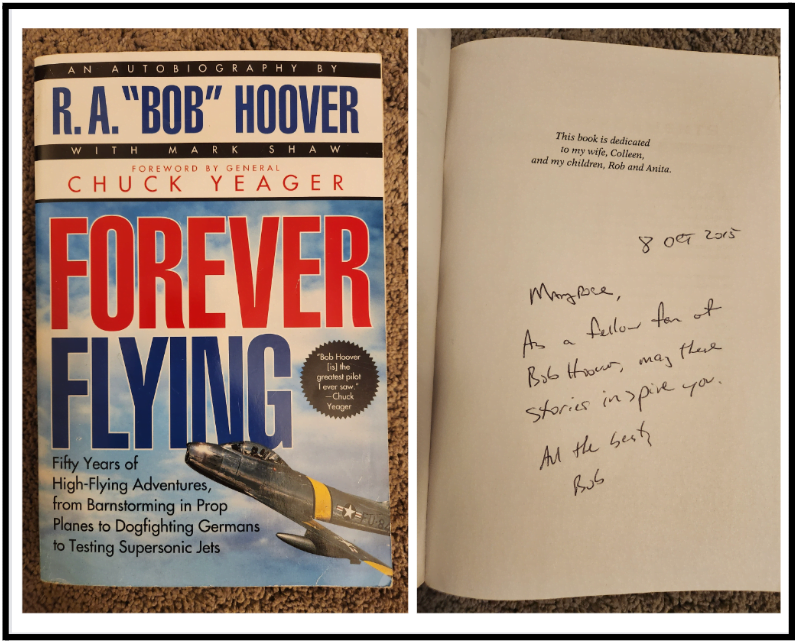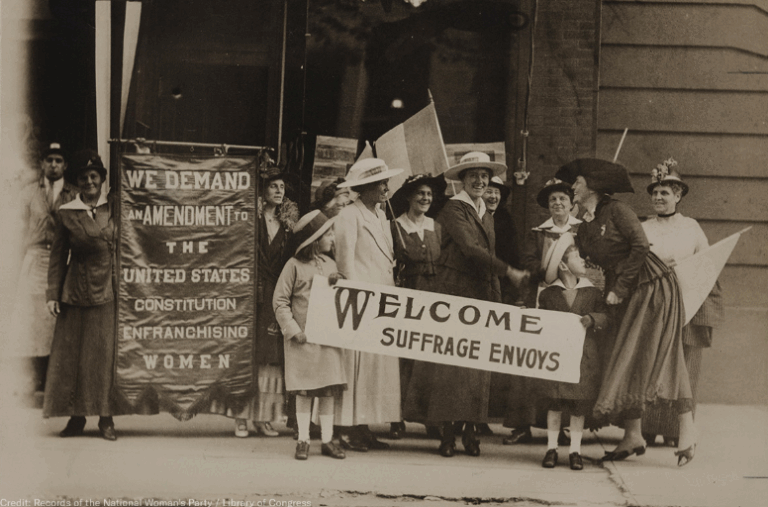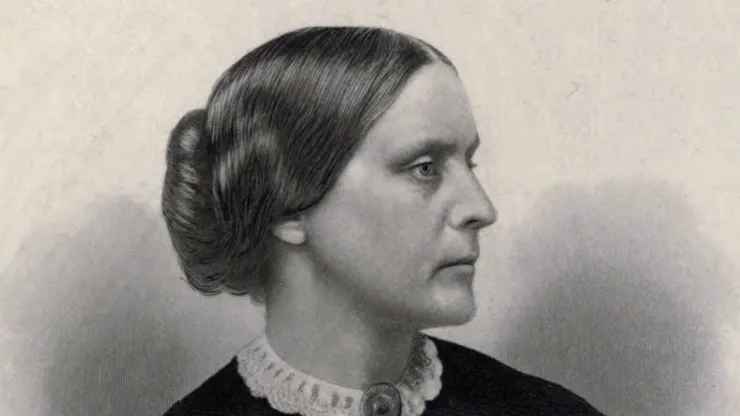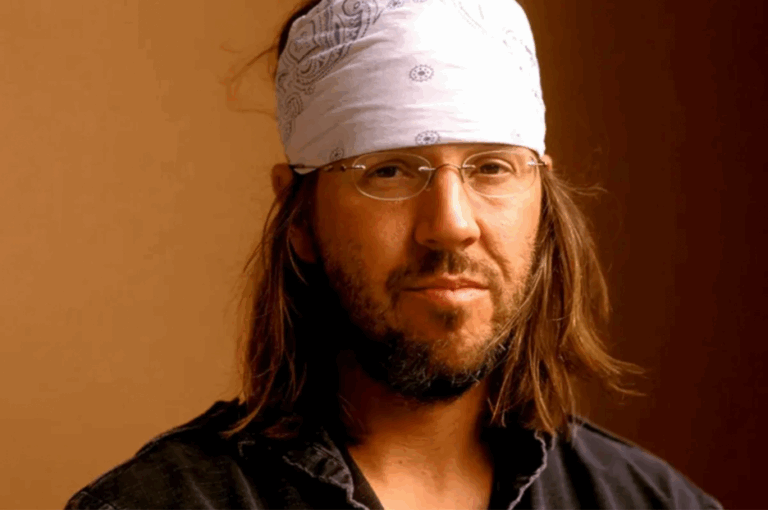Talking Big Ideas.
“Bob Hoover is the greatest pilot I ever saw.”
~ Chuck Yeager, the first pilot to break the sound barrier
Bob Hoover would have turned 101 this week.
The stories of his life are almost unbelievable. As a World War II fighter pilot, he was shot down off the coast of France and spent more than a year as a Nazi prisoner – until he escaped, stole a German plane, and flew himself to freedom. As a stunt pilot, he could pour a cup of tea while doing a 360-degree roll.
Hoover was personal friends with everyone from Orville Wright of the Wright Brothers to Charles Lindbergh and Neil Armstrong. He joins their ranks as one of the key revolutionaries of human flight.
The first time I met Maryrose was because of Bob Hoover. I was running a workshop in DC with a large group of young leaders and she was in the audience. I asked if anyone knew Bob Hoover and one hand shot up: hers. We quickly chatted about him. Later she won a contest and I gave her Hoover’s autobiography as a prize with a little note inside:

Of all the incredible Bob Hoover stories, my favorite is the time he crashed in San Diego.
It was 1989. Hoover was in an air show at Brown Field, just north of the Mexican Border. He had two passengers in his small Shrike Commander aircraft. There were more than a hundred planes waiting for takeoff when the tower radioed Hoover and asked him to do the honor of flying first.
All eyes were on the living legend as he taxied to the front of the line. Takeoff was smooth and everything looked normal until they reached about 300 feet. Suddenly both of his engines seized up. He started losing airspeed and calculated that he couldn’t make it back to the airport before crashing.
Hoover dropped the nose of his plane down and headed into a deep ravine. Hitting the bottom meant certain death. His only hope was to pull up the nose at the last second and softly crash into the side of the canyon. Before impact, Hoover dropped his landing gear and perfectly maneuvered the plane down. They came to a stop by smashing into rocks. Miraculously, Hoover and his passengers were uninjured.
What caused his engines to fail? Hoover crawled out of the wreckage, opened the drain valve, and smelled jet fuel. The mechanic who serviced his plane absent-mindedly used the wrong fuel.
Rescue helicopters picked them up within minutes. When Hoover got back to Brown Field he asked, “where is the line boy who serviced my plane?”
At first, no one responded. Finally, someone said, “he’s outside.” Hoover found the young man standing by a fence with tears in his eyes. Hoover walked up to him.
If you were Bob Hoover, what would you do in this situation?
He put his arm around the terrified mechanic and said:
There isn’t a man alive who hasn’t made a mistake. But I’m positive you’ll never make this mistake again. That’s why I want to make sure that you’re the only one to refuel my plane tomorrow. I won’t let anyone else on the field touch it.
In his autobiography, Hoover adds, “I had the boy refuel my P-51 for the final two days of the air show. Needless to say, there were no further incidents.”
What Hoover teaches us is that it doesn’t matter what is happening around us. Even when everything appears to be spinning out of control, we always have the power to choose how we respond. To situations as well as to people.
The psychiatrist Victor Frankl, who lost his wife, parents, and brother in the Nazi concentration camps, taught that “the last of the human freedoms” could never be taken from us. He meant our power to choose how we respond to every situation we encounter. Frankl wrote:
Between stimulus and response there is a space. In that space is our power to choose our response. In our response lies our growth and our freedom.

We always have the freedom to choose.
We can choose to allow our emotions to run our lives. Or we can choose to be like Bob Hoover. As the world champion aviator Sean D. Tucker says:
Bob Hoover is a magnificent being on so many levels . . . we can all be a little bit like Bob . . . he makes the world a better place . . . I want to be like that.
***
![]() IDEA
IDEA
You always have the freedom to choose your response.
Pay attention today to how people around you respond to the various stimuli they encounter. How often are they exercising their freedom to choose? How often are they mindlessly allowing their emotions to control them? Pay attention to your responses as well.
***
For more like this:
Cheers,
Bob
If you find this useful, please subscribe to our free weekly newsletter.





